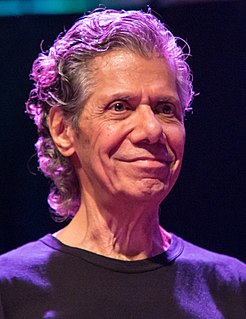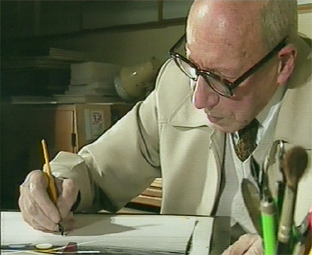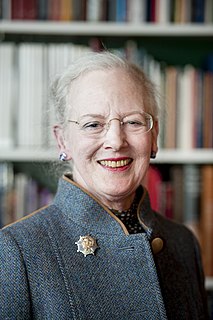A Quote by Chick Corea
The title 'Now He Sings, Now He Sobs' comes from 'I Ching,' an ancient Chinese book that I was into in the '60s when I was studying different philosophies and religions.
Related Quotes
To me, the circle and the square where the sky and the earth, as symbolized by the ancient Oriental religions; they formed a kind of rudimentary alphabet by means of which everything could be expressed with the most limited means. They evoked prehistoric runes and the early I-Ching, or Book of Changes.
The way of presentation is different according to each religion. In theistic religions like Buddhism, Buddhist values are incorporated. In nontheistic religions, like some types of ancient Indian thought, the law of karma applies. If you do something good, you get a good result. Now, what we need is a way to educate nonbelievers. These nonbelievers may be critical of all religions, but they should be decent at heart.
When I choose the title [for my book], which was my favorite title, I felt sure there was going to be a dozen books maybe with that name already because it's so obvious to me that that's the message. I was surprised it hasn't been the title of a single book. Well, there is a Shel Silverstein children's book called Falling Upwards. But no one has chosen Falling Upward as a title and I'm very happy it's right on the cover.
The biblical writers didn't need to say everything; they could assume some things. They didn't anticipate a day when even Jews and Christians would fall under influences of non-biblical religions, philosophies, and worldviews, to the extent that is now the case in our pluralistic culture and society.
From the great trees the locusts cry
In quavering ecstatic duo-a boy
Shouts a wild call-a mourning dove
In the blue distance sobs-the wind
Wanders by, heavy with odors
Of corn and wheat and melon vines;
The trees tremble with delirious joy as the breeze
Greets them, one by one-now the oak
Now the great sycamore, now the elm.
I think there's an interest right now in the performance aspect of artworks, instead of just hanging things on walls. We're in a moment when a lot of younger artists are looking at work from the '60s and '70s - they are looking at the pieces by Marina Abramovic or Vito Acconci. These pieces have a time element. They were performed live. To perform them again now isn't simply an homage, because it's a different audience, a different moment.



































